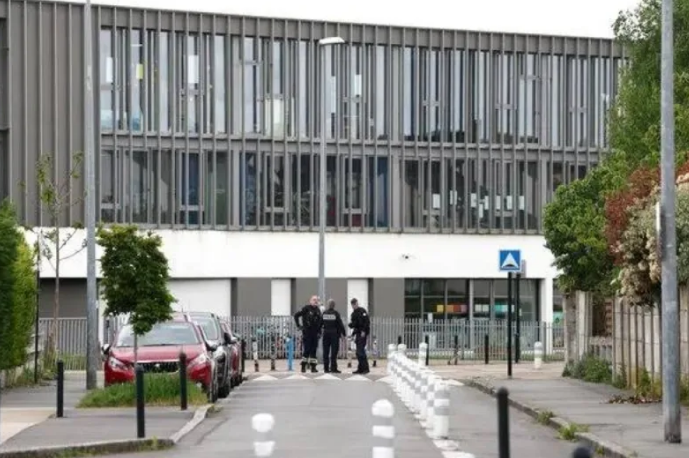South Korea has formally requested exemptions from U.S.-imposed reciprocal and sector-specific tariffs during high-level trade talks in Washington, while offering to bolster energy imports from the United States and support the revival of its shipbuilding industry.
The appeal was made Thursday during the “2+2” trade dialogue between senior officials from both nations. Representing South Korea were Finance Minister Choi Sang-mok and Trade Minister Ahn Duk-geun. On the U.S. side, Treasury Secretary Scott Bessent and U.S. Trade Representative Jamieson Greer led the discussions.
According to a press release from South Korea’s Ministry of Trade, Industry, and Energy, Minister Ahn requested South Korea be exempted from both reciprocal and product-specific tariffs, including those already imposed on steel and automobiles, and others yet to be enforced.
The meeting comes amid growing concerns in Seoul over Washington’s recent implementation of reciprocal tariffs, including a 25% duty on certain South Korean exports beginning April 9. Although the tariffs were paused for 90 days to allow room for negotiations, key industries, especially steel and automotive, remain in the crosshairs. A 25% tariff on automobiles and select auto parts is currently set to take effect by May 3.
During the talks, South Korea also presented a broader proposal aimed at strengthening bilateral trade relations. This included an offer to increase imports of U.S. energy products, which would enhance South Korea’s energy security while boosting American exports. In addition, Seoul pledged to collaborate on revitalizing the U.S. shipbuilding sector, which has struggled in recent years to compete with international players.
Minister Ahn emphasized that the proposals would help build a more balanced and sustainable trade relationship between the two allies and called for the resolution of tariff issues through continued dialogue and mutual cooperation.
South Korea is one of the United States’ key economic partners in Asia, and both countries have long-standing trade and security ties. However, recent protectionist policies in Washington have tested those ties, prompting South Korea to push for more flexible arrangements that avoid harming vital industries on both sides.
The U.S. has yet to issue a formal response to South Korea’s exemption request, but both nations agreed to continue discussions in the lead-up to the end of the 90-day tariff pause.


